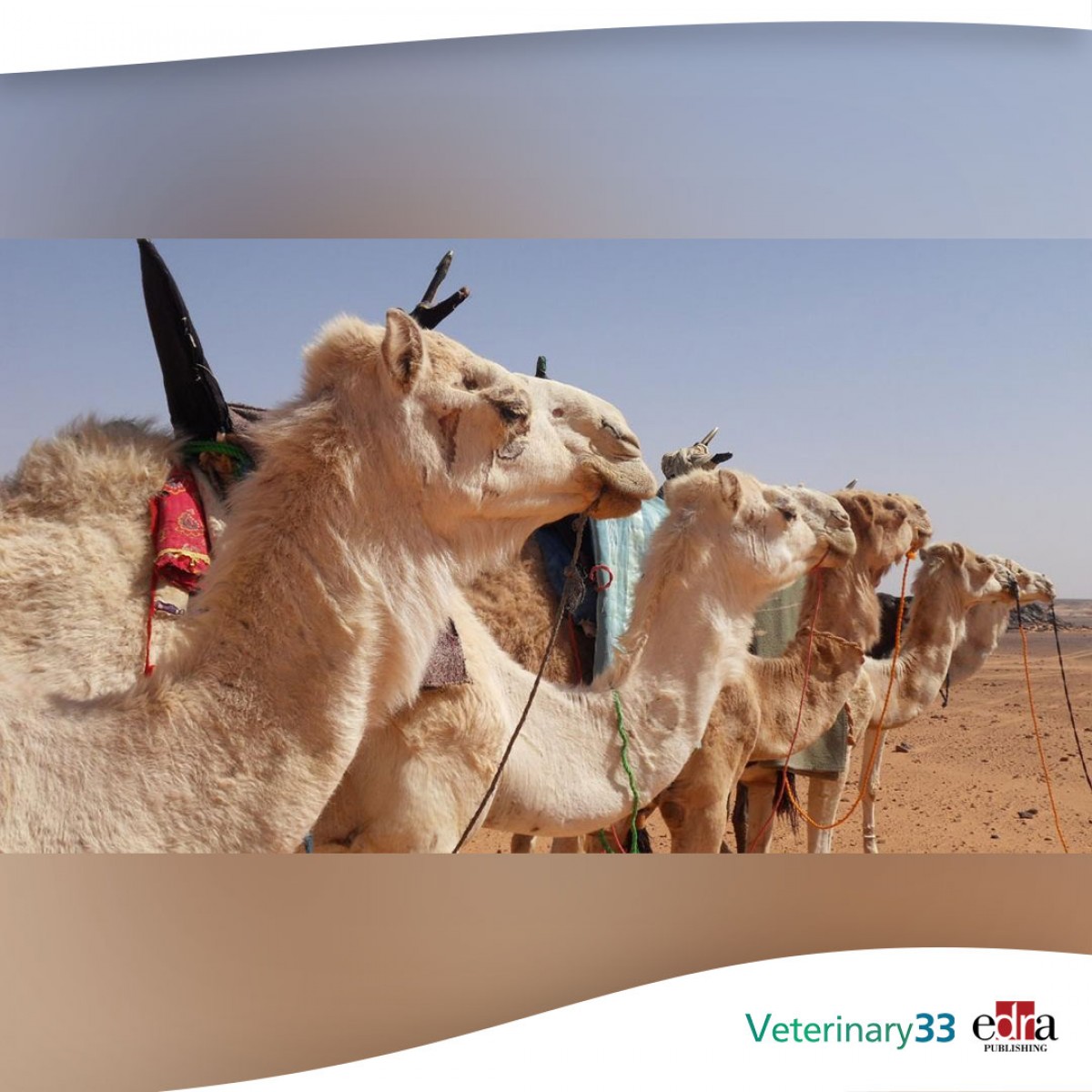The mystery of camel flu in Qatar
By María Iglesias-Caballero, virologist, National Center for Microbiology at the Carlos III Health Institute, Madrid
The mystery of camel flu is the ultimate microbiological false alarm or the title of an Agatha Christie book. I call it a "mystery" because, as much as I try to find information about where the origin of this non-news is, I have found nothing.
I have knocked on the doors of experts, national and international colleagues, and the reaction, in different languages, is always the same. My question: "Hello, look, people are asking me about the possibility that a MERS outbreak occurred in Qatar in the middle of the World Cup. What do you know about that?"
Surprise reactions are what I have received: "They say that two journalists have died, or three depending on the source, and that there are cases in the French national team." My answer was: "But where did they get that? Are there any reports? Any alerts? Does anyone know that other than the user @juan34765 on Twitter?" Silence.
There is not much to tell because it is one more hoax of those that lately circulate about pathogens, but it provides me with the opportunity to explain some concepts of the virus and its surveillance.
When people talk about ‘camel fever’ they mean the disease caused by the Middle East Respiratory Syndrome (MERS) coronavirus. This virus was first detected in humans in 2012 and it was observed that camels are widely infected by it. Although it is a normal infection in camels and can be transmitted to humans, such transmission is very difficult and there is currently no evidence of even sustained transmission in the community. Some do caution that people should not drink camel milk directly from the animal.
Geographically the hoax makes some sense since most of the cases have occurred in the Arabian Peninsula, but the most affected country with the highest number of cases has always been Saudi Arabia and not Qatar. Since cases in Qatar are rare and transmission is difficult, and we know that there is a high transmission of other respiratory viruses at this time, it is more likely that someone had a cold or that the cause of illness is likely to be because of another pathogen.
Despite the low probability, with MERS we should not lower our guard: the virus is part of the group of pathogens that are monitored with special interest because it is a public health concern.
The pathogens of this group have surveillance and action protocols drafted and coordinated by public health officials. In the case of the MERS coronavirus, surveillance includes if:
- Person with acute respiratory febrile illness and history of travel to the Arabian Peninsula or countries at risk of transmission and no other cause of illness has been identified that may explain the symptoms.
- A person with acute respiratory febrile illness who, in the 14 days prior to the onset of symptoms, had close contact with a confirmed symptomatic case of MERS-CoV infection.
These patients are isolated and doctors take upper and lower respiratory samples and serum, which are sent to the National Center for Microbiology for diagnosis and confirmation of the virus by a national lab. In this case, PCR tests would target two different areas of the genome in the two types of sample. These PCRs are constantly evaluated and updated if needed. If a positive diagnosis is obtained, it is declared to the health authorities and people who were in contact with the infected person are notified.
During the World Cup, many crazy things could have happened. We hope that camels will be respected, but otherwise, we are ready to watch out for infectious diseases.
This article was originally published in SMC Spain and on Portal Veterinaria.













List
Add
Please enter a comment